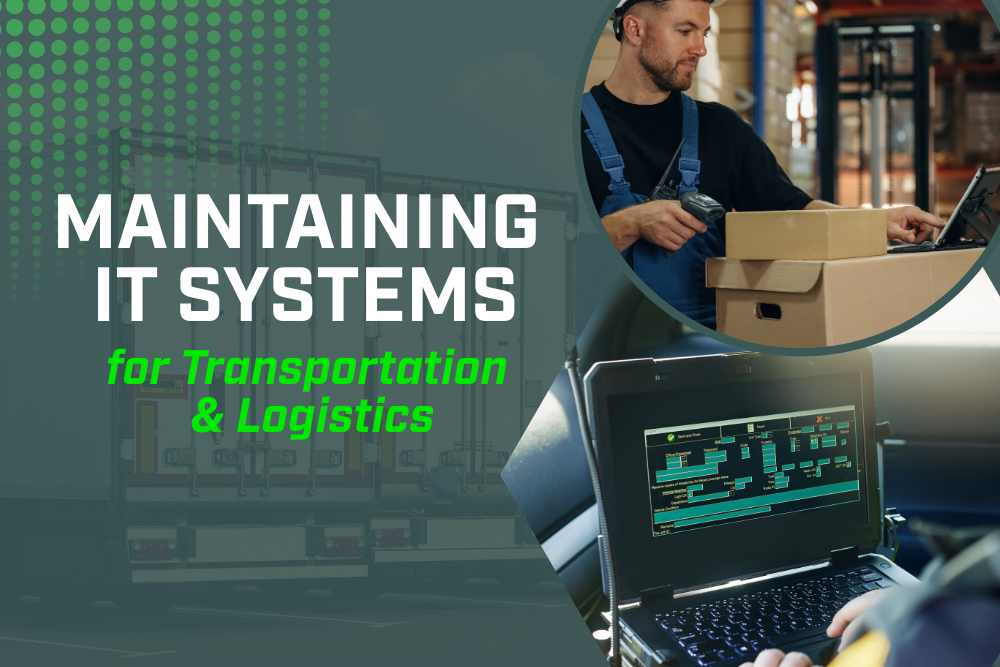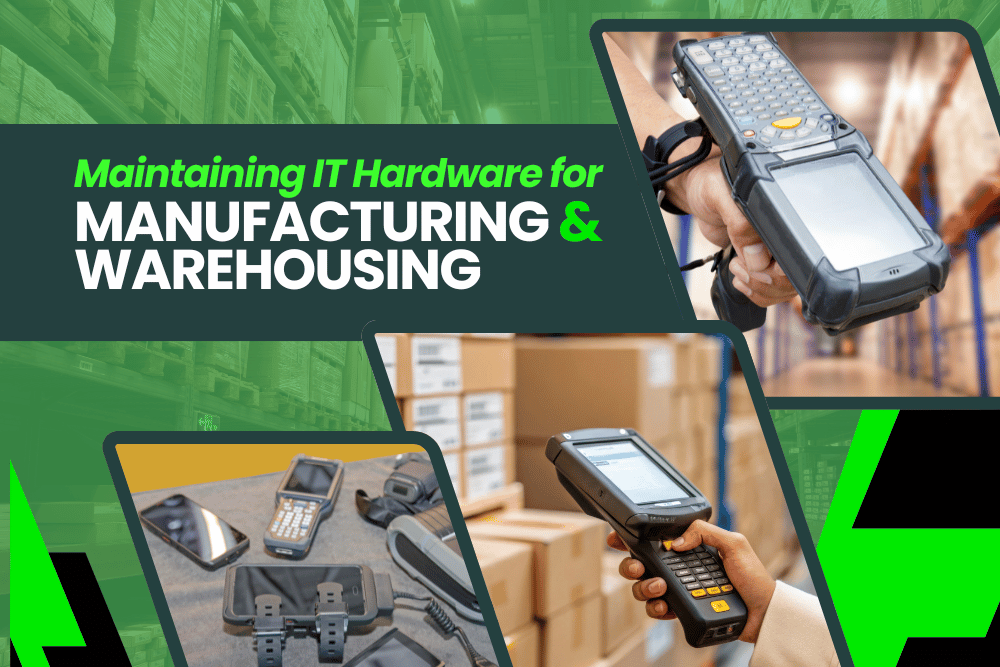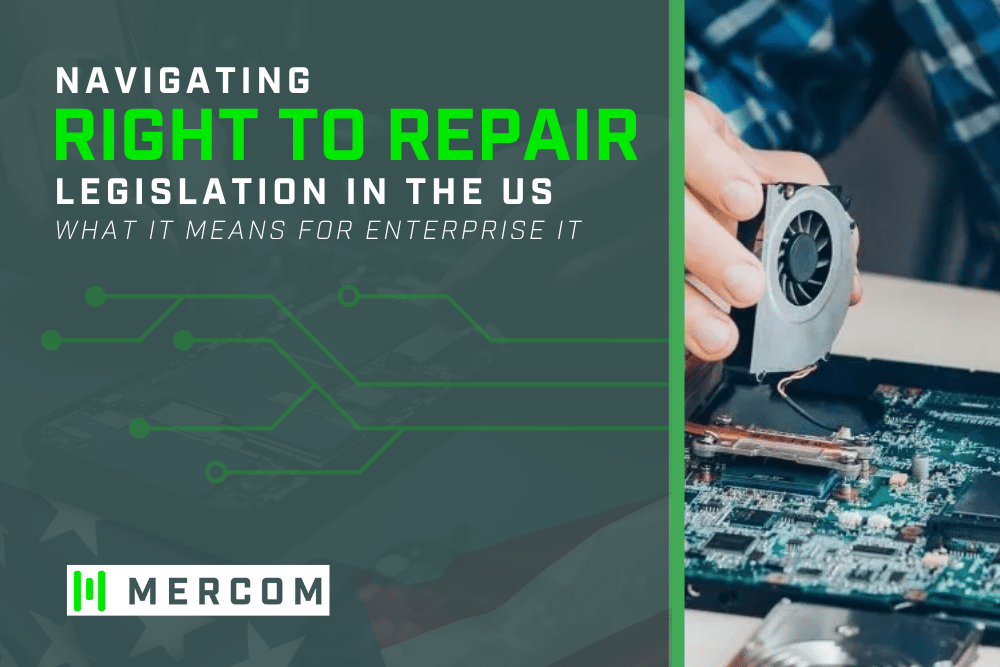Industry Consolidation Within The POS Industry – Bad News For The End Users?
April 15, 2013
Over the past several years there has been an increasing trend for consolidation within the POS and barcode industry. Well known hardware providers such as Symbol, PSC, Metrologic, HHP and LXE have been swallowed by bigger companies such as Motorola, Datalogic and Honeywell. And last year, perhaps the biggest deal of all was announced when Toshiba acquired IBM’s POS Division.
The benefits for these newly engorged companies is clear – economies of scale from manufacturing through to sales and service, bigger market share, less competition – but how does this consolidation affect their customers, the users of barcoding and POS hardware?
The benefits for the end-user have, at least so far, been difficult to spot. Apart from some very low end equipment the price of new hardware has climbed. Clearly the functionality of hardware is far better now than it was even a few years ago, and this is often used as justification by the manufacturers for the higher prices, but perhaps both pricing and functionality would be better if there was more competition in the field.
Hardware maintenance has also been affected. In order to get a reasonable turn-around time on repairs from manufacturers it is often necessary to sign a multi-year service contract with specific guarantees. If you don’t pay for these premium services then the wait for repairs can be 30 days to 3 months!
This industry consolidation has allowed some new companies – notably Janam and POS-X – trying to enter the market. However, some of these fledgling companies have been subjected to legal action from the big hardware suppliers in an effort to kill off any new competition.
So, for the end-users the industry consolidation over the past years has not provided much benefit and the trend seems set to continue. One major monitor manufacturer was recently taken over and their service levels have decreased dramatically over the space of a few months. In addition the consolidation trend has not yet touched on printer or most service companies (except IBM), and it seems just a matter of time before that starts.




